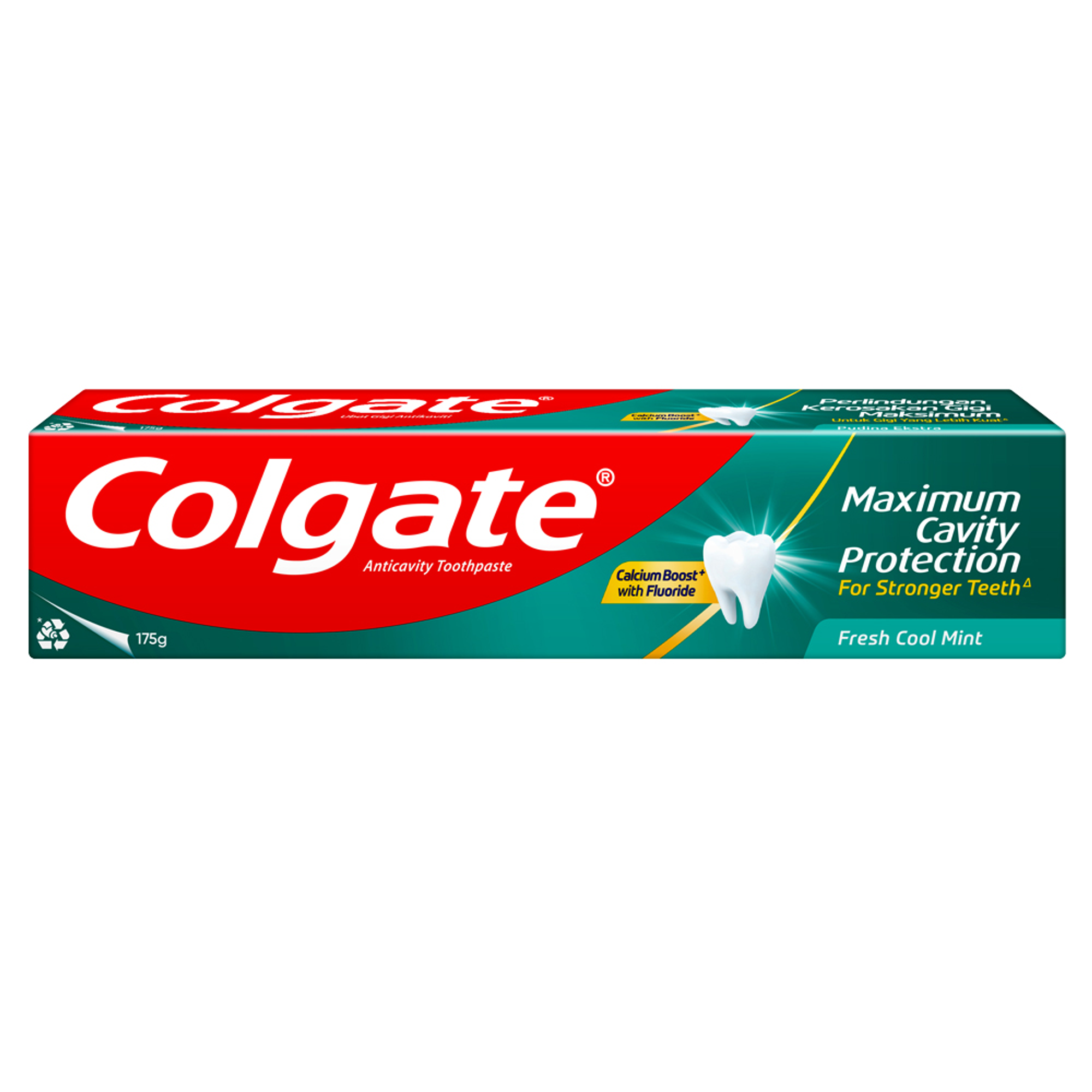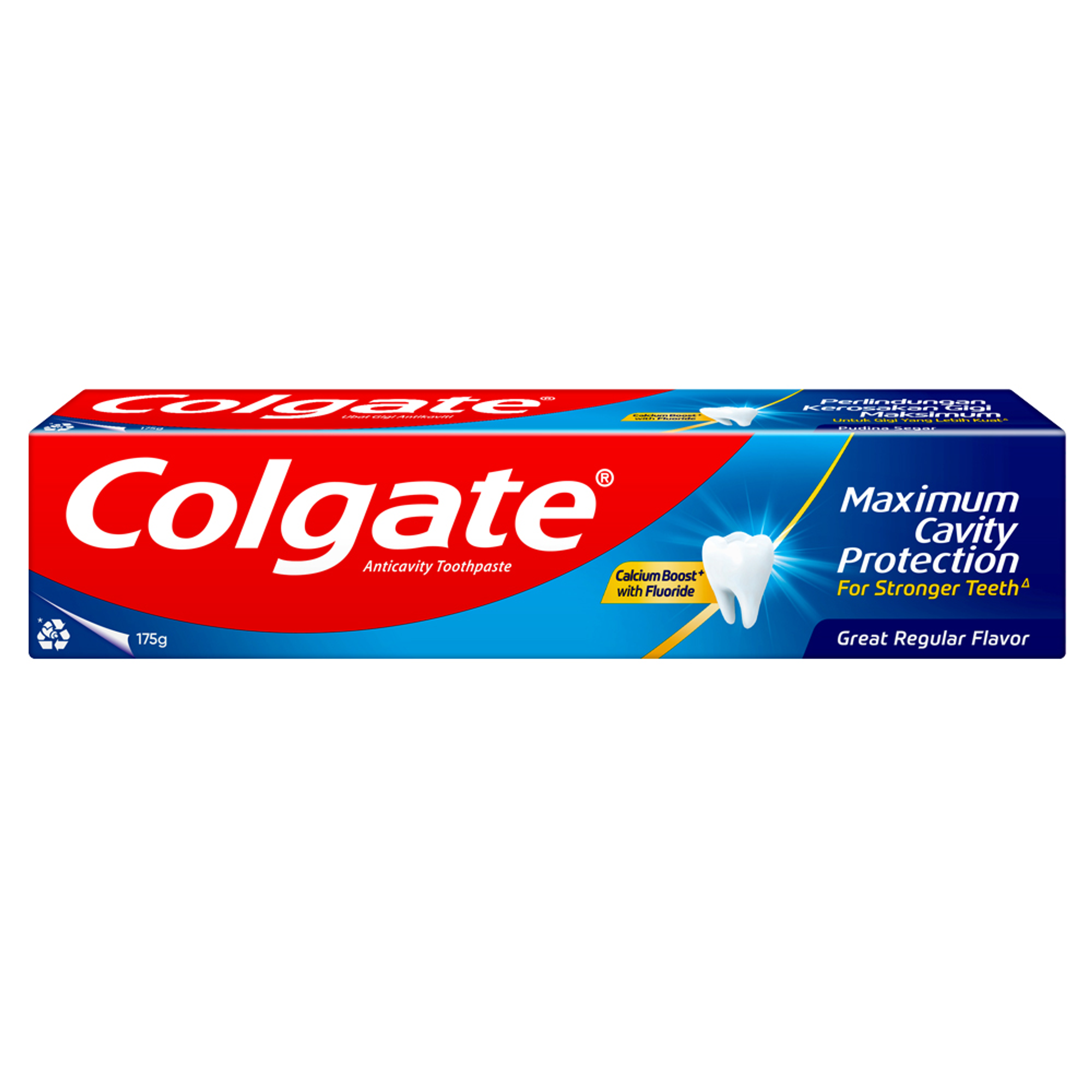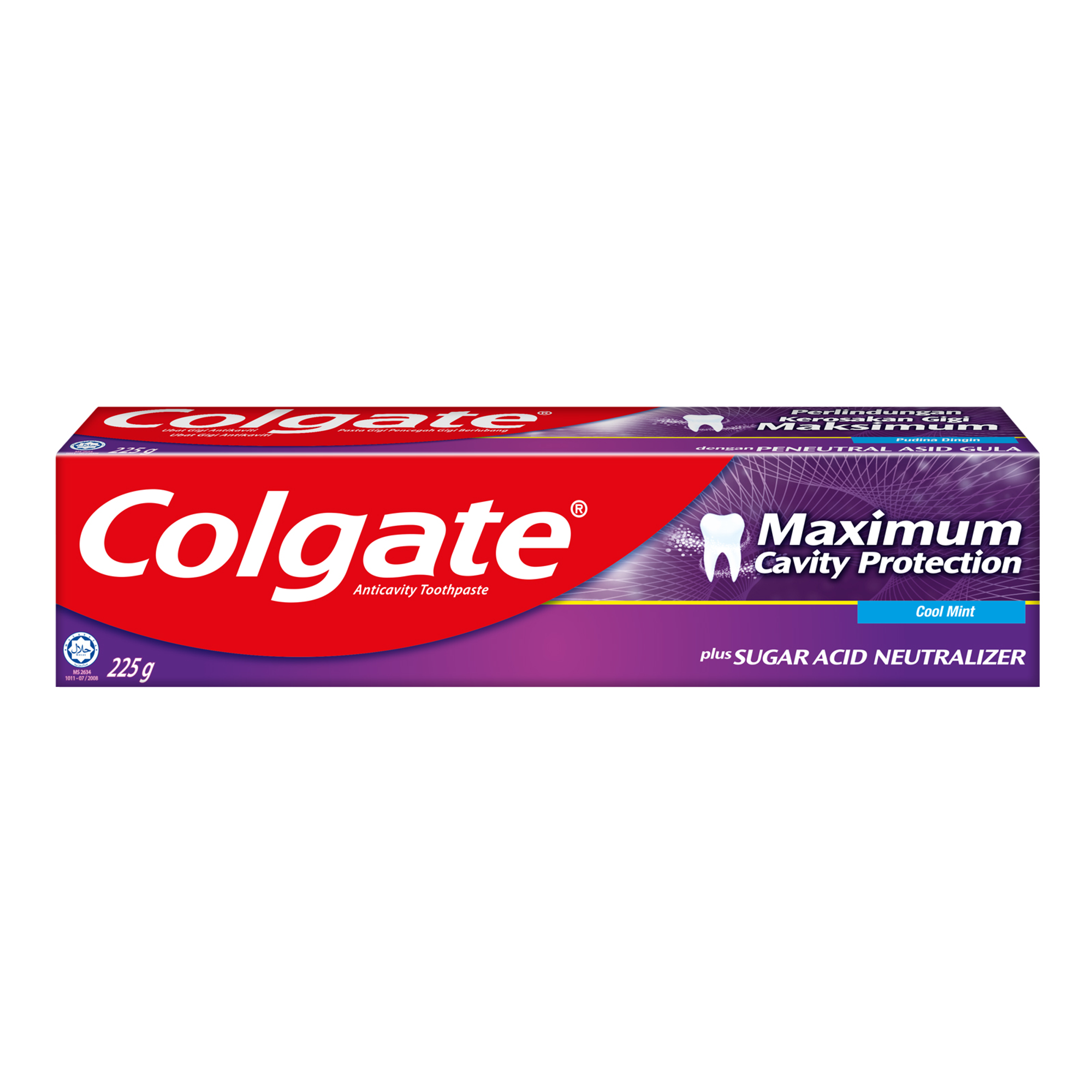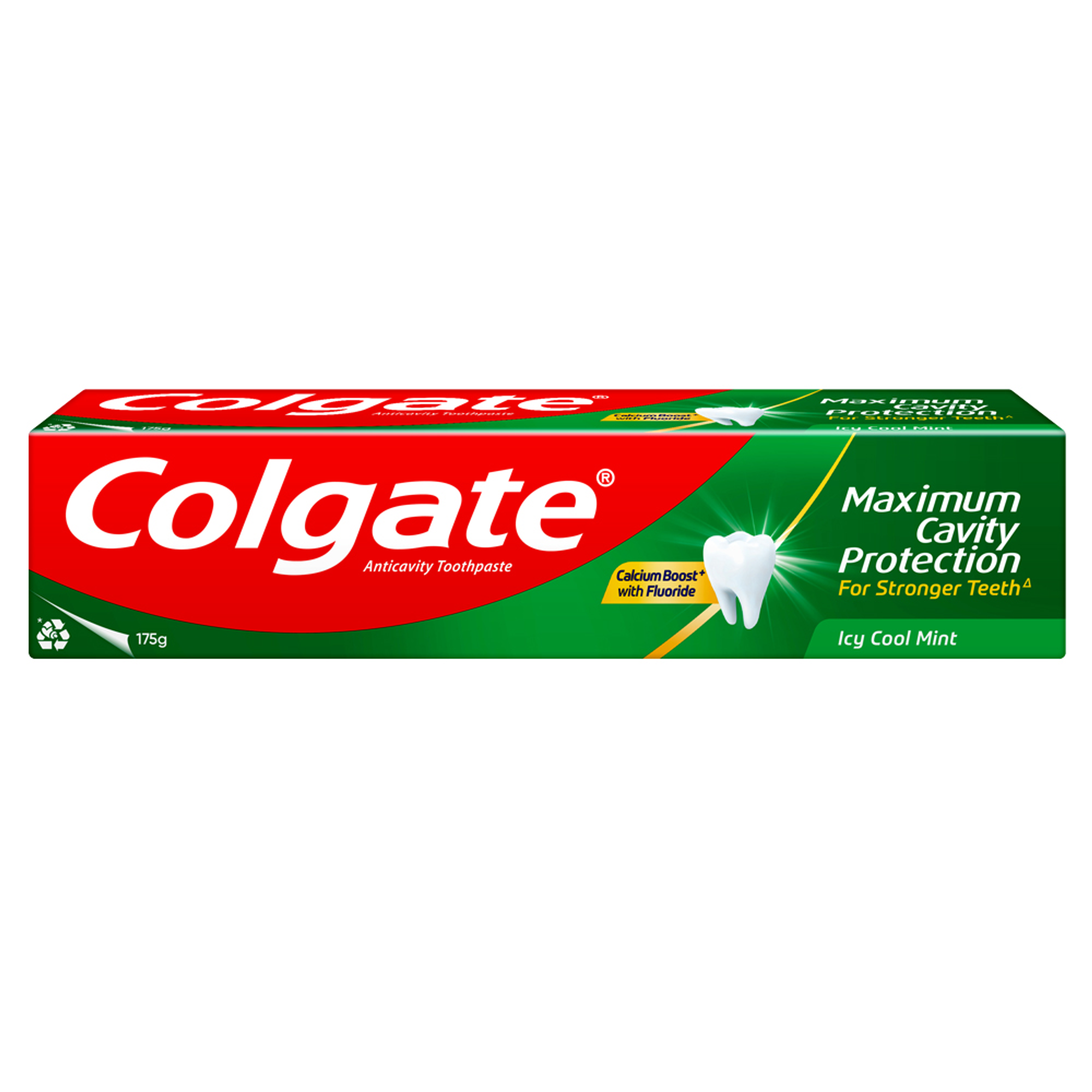- Oral Health and Dental Care | Colgate®
- Oral Health
- Tips for Tooth Decay (Dental Cavity) Pain Relief
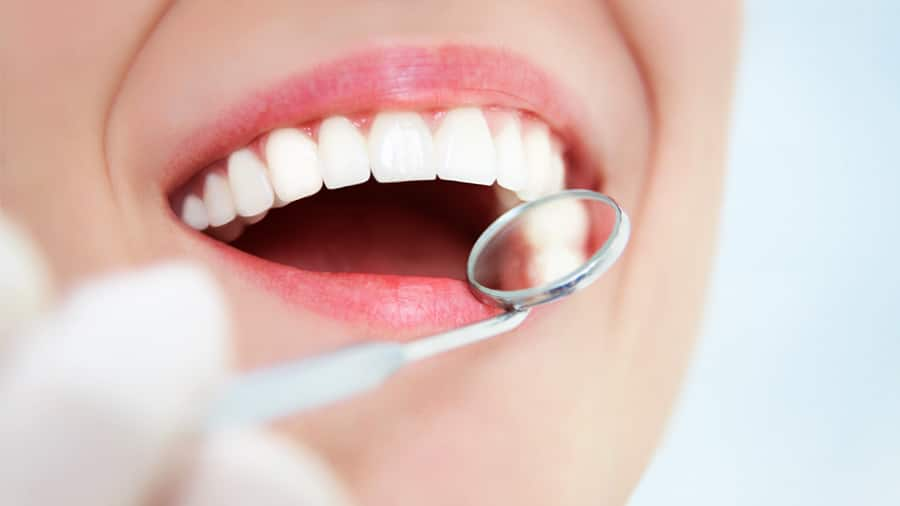

Whether it's a dull throb or a sharp, stabbing sensation, pain is a side effect of cavities, and it sometimes isn't possible to see your dentist right away. While waiting for your dental appointment, home remedies and over-the-counter medications may provide temporary cavity pain relief.
Why Do Cavities Hurt?
Cavities expose sensitive dentine and nerve pulp in teeth, which leads to an ache or pain that comes and goes. According to the American Dental Association, cavity pain often occurs when you eat cold or sweet foods. Other signs that you have a cavity are food catching in your teeth or an area of a tooth that feels rough to touch with your tongue. You might also be able to see the actual decay in your tooth.
Home Remedies
Natural home remedies for cavity pain relief include warm water, salt and clove oil. The Mayo Clinic advises people with cavities to brush with warm water to clean all parts of the mouth, including the painful area. You can also try rinsing with warm salt water by following these steps:
- Add two teaspoons of salt to a glass of warm water.
- Stir the salt until it's dissolved.
- Rinse your mouth thoroughly with the salt water and spit it out.
Rinsing with salt water cleans food debris from the cavity and soothes inflammation. Don't rinse with hot or cold water. Extreme temperatures can make your cavity pain even worse.
Clove oil is another effective temporary relief for painful cavities. Follow these steps:
- Add two to three drops of clove oil to a cotton swab, cotton ball or a clean piece of tissue.
- Put the swab, ball or tissue at the site of the cavity and leave it there until the pain fades.
- If undiluted clove oil is too strong, use olive oil to dilute it.
Over-the-Counter Treatments
Toothpaste for sensitive teeth and analgesics help keep cavity pain away. Gently brush with a sensitive toothpaste to numb exposed nerves in a cavity. Use a soft-bristled toothbrush to reduce irritation to the dentin and nerve pulp. Ibuprofen and acetaminophen are two over-the-counter analgesics that relieve cavity pain, but you should check with your physician that they're OK for you to use.
Natural Endorphins
Exercise releases endorphins, which are nature's pain relievers. If you're accustomed to exercise, a workout or run might ease your toothache. If intense exercise isn't your cup of tea, go for a brisk walk.
Cavity pain can strike at any time, night or day, weekday or weekend. By managing your pain at home, you can live somewhat comfortably until your dentist office opens. Luckily, once you're able to visit your dentist, a filling or other dental treatment will provide permanent relief.
Related Products

Helping dental professionals
More professionals across the world trust Colgate. Find resources, products, and information to give your patients a healthier future








